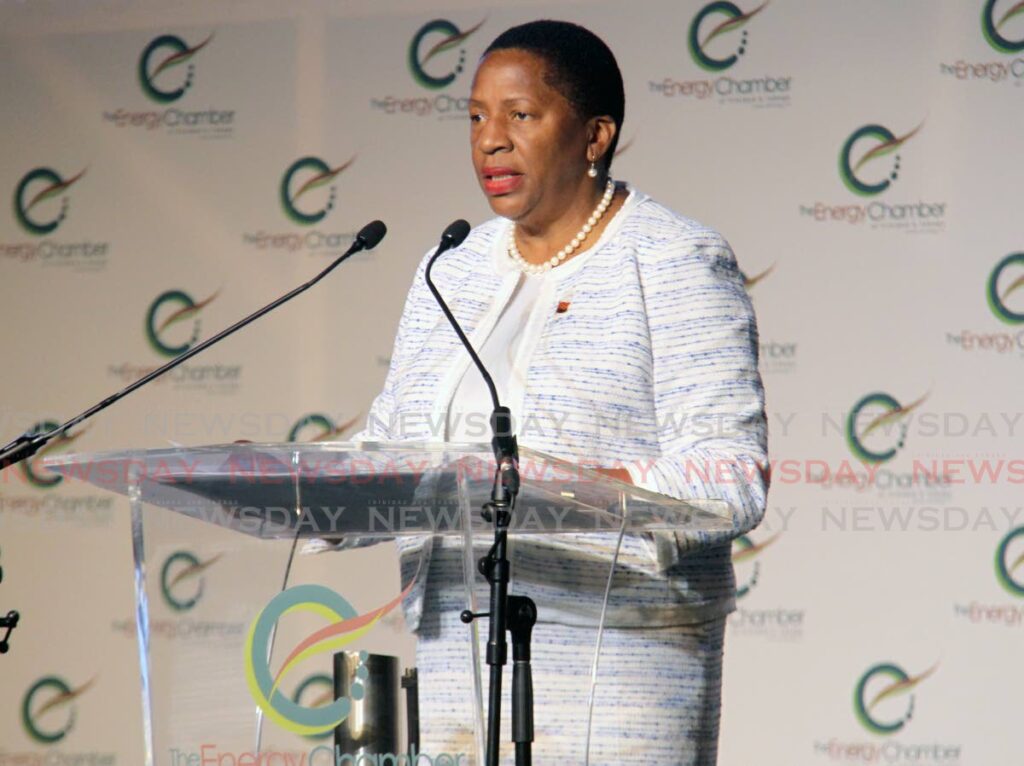Action, not words on climate change

Planning Minister Pennelope Beckles was correct to note that TT has a responsibility to meet its commitments to the Paris Agreement.
"We therefore cannot advocate for support to deal with our climate vulnerability, while in the same breath saying that our emissions are relatively small," she said on Wednesday at the Energy Chamber's TT energy conference.
Our carbon footprint is not small. The TT economy is based on fossil fuels, which drive an industrial sector that produces more than 27 million tonnes, at least 73 per cent, of the country's greenhouse gas emissions.
TT was ranked as the third largest emitter of greenhouse gases per capita in the world in 2020, behind Palau and Qatar.
The country’s commitment to reduce emissions from power generation, industry and transport by 15 per cent by 2030 has long needed the force of law to progress, but there's been little political will driving change in this country's emissions standards.
In December 2020, Prof John Agard, who has served on the Intergovernmental Panel on Climate Change and was appointed co-chair of the UN's Global Sustainable Report due in 2023, noted politely, "We are going slowly. In the budget in October (2020) there were five lines relating to climate action in the Finance Minister's speech."
The Race to Zero campaign, part of the UN Framework Convention on Climate Change, calls on nation states to achieve net zero by 2050, achieving a balance between emissions and carbon capture.
But getting there requires serious work.
As a nation, we have been spewing carbon dioxide into the atmosphere for decades, with weak regulation and little or no enforcement of pollution standards.
BP and Shell were touted by the Prime Minister at a virtual Energy Chamber conference in 2020 as ready to help with renewable energy projects, but multinational embarrassment at the consequences of resource extraction goes nowhere without an action plan by the state.
TT's monitoring, reporting and verification system for monitoring emissions was launched in June 2021 after an investment of US$1 million in grant money. Has it collected even a single data point?
Instead of limits and controls on emissions, the Energy Minister was boasting on Wednesday at this year's energy conference that this country was ready to deliver more LNG to the world.
If TT must depend on oil and gas to bolster its economy in the short and medium term, it should do so with a clearer eye on the long-term environmental impact of continuing extraction.
It was never good enough to do nothing.
As a small island state in the Caribbean, the impact of climate change and increases in sea level will have a dramatic impact on our ecology and landmass.
It's time we started acting like that's a reality.


Comments
"Action, not words on climate change"